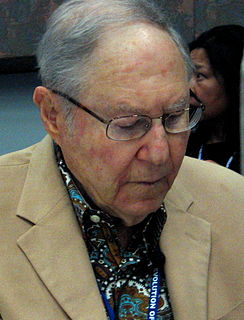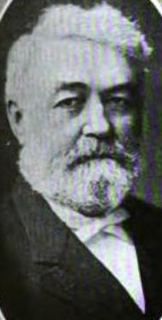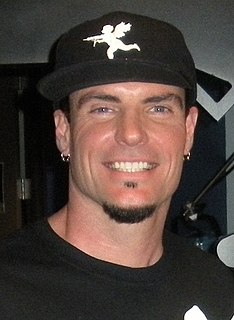A Quote by William Glasser
The faster you go, the more students you leave behind. It doesn't matter how much or how fast you teach. The true measure is how much students have learned.
Related Quotes
By instructing students how to learn, unlearn and relearn, a powerful new dimension can be added to education. Psychologist Herbert Gerjuoy of the Human Resources Research Organization phrases it simply: 'The new education must teach the individual how to classify and reclassify information, how to evaluate its veracity, how to change categories when necessary, how to move from the concrete to the abstract and back, how to look at problems from a new direction — how to teach himself. Tomorrow's illiterate will not be the man who can't read; he will be the man who has not learned how to learn.'
What is wrong with encouraging students to put "how well they're doing" ahead of "what they're doing." An impressive and growing body of research suggests that this emphasis (1) undermines students' interest in learning, (2) makes failure seem overwhelming, (3) leads students to avoid challenging themselves, (4) reduces the quality of learning, and (5) invites students to think about how smart they are instead of how hard they tried.
Indeed, the study of universities and the great men and women who have attended them leads me to think that the best of these schools are characterized not so much by what they teach and how they teach it but by the extent they provide opportunities and encouragement for students to teach themselves.
The most valuable lesson I've ever learned in my life is that life is about family and friends, not about material things or any of that. It's about enjoying your life. If you have no family, no friends to enjoy it with, it don't matter how much you have, how much success you have, how much fame you have, how much money you have, it doesn't matter.
As I continue to teach, I have more to offer my students, and as I continue to teach, I have more to learn from my students. I do know some writers who feel very drained when they leave the classroom, and for me this would be a sign that maybe it's time to take a break or refocus because I always leave the classroom even more excited than I was when I walked in.
To say that you have taught when students haven't learned is to say you have sold when no one has bought. But how can you know that students have learned without spending hours correcting tests and papers? . . . check students understanding while you are teaching (not at 10 o'clock at night when you're correcting papers) so you don't move on with unlearned material that can accumulate like a snowball and eventually engulf the student in confusion and despair.





































